
Date: 14 September 2018
After all, glass has become “smart” and is taking on functions that can only be implemented with similarly intelligent production processes. Flexibility and efficiency will be the key factors in the factories of the future. This will affect the entire value-adding chain, even beyond a company’s own production site and local branch office.
Digitising production means having to collect, store and process large volumes of data. How can customers capitalise on this? That’s a topic Grenzebach has tackled, developing an IIoT platform that can optimise all manufacturing procedures, including those relating to storage and shipping. This it does by integrating and connecting the various systems and tools of all the participating manufacturers and suppliers.
Roland Jenning, Grenzebach’s Head of Innovation, says the platform benefits customers because it gives them a basis on which to optimise their processes and procedures continually. The system doesn't only operate locally. It can also use cloud applications.
Connectivity, modularity, data management and data analysis are the key features of this platform.
Individual apps provide support with the different tasks. These already include alerts when errors arise, servicing and maintenance, controlling internal logistics and the collection of process data for quality assurance purposes. The IIoT platform enables all the hardware and software to be interconnected, either locally or in the cloud, no matter what the manufacturer. Data security requirements are met via the integrated role and rights assignment systems.
However, data isn't collected only within the production process, but also from the glass itself. Each pane’s digital fingerprint enables the entire production process to be traced back. Grenzebach offers a number of solutions based on either ID numbers, barcodes, QR codes or data storage media.
RFID transponders are used on glass plates and stillages. They can even analyse the entire frame wirelessly without the need for physical or optical contact. Transferring this data to the IIoT platform together with the plate ID enables the glass plate’s entire “biography” to be determined.
“Making individual products identifiable at any time increases transparency and represents a huge step towards Industry 4.0,” says Peter Seidl, Grenzebach’s Chief Product Manager. “What’s more, these technologies increase the trust between the manufacturers, processers and end-users of glass products.”
Grenzebach Maschinenbau GmbH will be giving a presentation entitled “Automation 4.0 in the glass industry” within the framework of the VDMA’s ‘TECHNOLOGY by VDMA’ conference.
Another step into the future involves creating the conditions that will allow systems to not only collect, analyse and store data, but also to communicate. ISRA Vision Surface AG is working intensively at tackling such issues. It will be showcasing its developments at the glasstec.
One initial milestone in this direction is EPROMI, a software solution that ISRA has implemented for the glass industry. EPROMI takes collected data and generates easy-to-understand dashboards with which users can improve their processes. For example, the software can be used to trigger maintenance orders independently.
The next step will involve attempting to make human intervention unnecessary altogether. The hope is that OPC-UA (Open Platform Communications Unified Architecture) can be used to develop a communication system for the glass industry that enables machines both to “speak” with each other directly and to communicate with higher-order systems. The aim is for machines to adapt themselves to changing processing conditions.
Bertrand Mercier, ISRA Vice President BU Glass, explains the process using an example. Self-driving vehicles depend on real time-capable all-round vision solutions with advanced driver assistance systems (ADAS). Such systems can only work perfectly if the windscreen offers fault-free optics.
To ensure this is the case, a visual inspection station at the end of the production line checks the windscreens for distortion. In future, if this station detects deviations, it must transmit new settings to the relevant machine based on its analysis of the measurement data.
Ever thinner single panes are making it increasingly difficult to make them as smooth as required during production. ISRA’s P2-3D system provides one quality assurance solution. Visitors will be able to get in-depth information about it at the glasstec.
A representative of ISRA Vision Surface AG will give a talk at the VDMA’s ‘TECHNOLOGY by VDMA’ conference entitled “EPROMI - Enterprise PROduction Management Intelligence for fact-based decision-making.”
The HEGLA Group will also be attending the glasstec to showcase its networked production solutions. Its intuitive utilisation concept for production lines is designed to improve the communication between machines and their human operators. The system directly provides users with even more data about service intervals, processing procedures and key performance indicators in order to enable them to better manage the production process.
A software solution from HEGLA-HANIC for a production control system enables data from the networked systems to be collated and thus independent adaption of manufacturing processes, depending on the integration depth of the software.
The internal logistics are also a component of a “smart factory.” Automated guided vehicles (AGV) are a self-driving solution for transporting harp racks and stillages. They are integrated into the production software and independently undertake transportation tasks between the different production lines and processing stations. “AGV are particularly useful on account of their flexibility,” says Bernhard Hötger, the Managing Director of HEGLA GmbH & Co. KG
“As an integral part of the control system developed by Hegla-Hanic, these vehicles and their tasks can be adapted at any time, either by the system or the operator, to suit machine availability and changing processing priorities.”
The HEGLA Group will present its vision for 2020 at the VDMA’s ‘TECHNOLOGY by VDMA’ conference in a talk entitled “Glass ID: the flat glass processing of tomorrow. Process and product tracking and integrated automation in digitised companies on the road to Industry 4.0.”
The key glass-specific topics at the 2018 glasstec will be Industry 4.0, thin glass, facades and smart glass, as well as craftsmanship and interiors. Numerous VDMA member companies have already registered as exhibitors. The VDMA is supporting Messe Dusseldorf with a high calibre event.
The VDMA’s ‘TECHNOLOGY by VDMA’ conference will take place from 10am to 5pm on Wednesday, 24 October. If you have any questions about this event or other activities, Ms. Gesine Bergmann at the Forum Glass Technology will be glad to assist. You can contact her on +49 69 6603 1259 or
Important links: www.glasstec.de, glass.vdma.org
 600450
600450

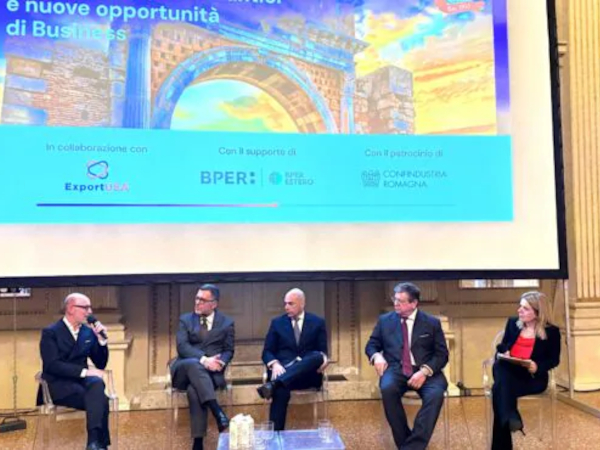

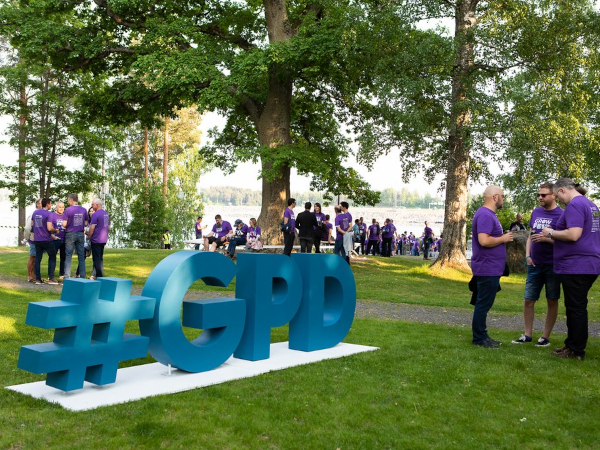

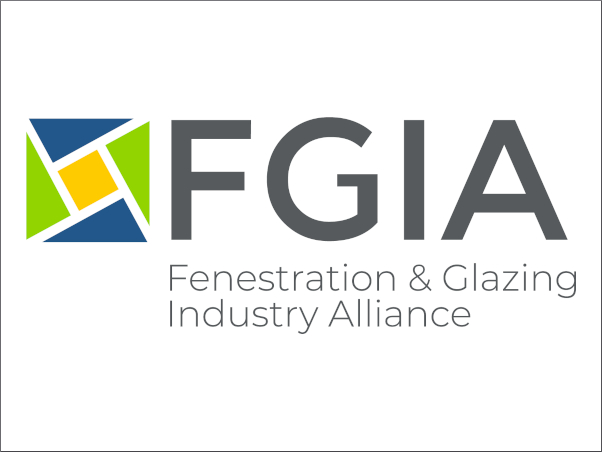
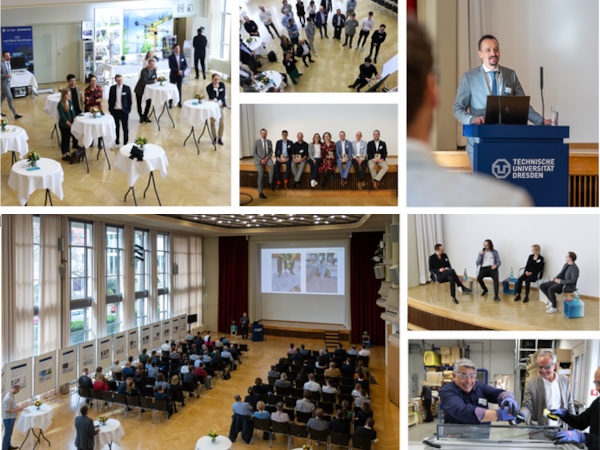






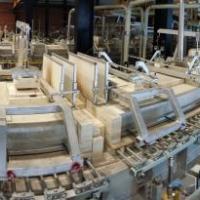

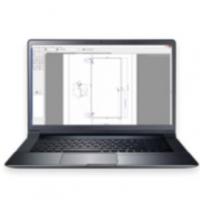

Add new comment